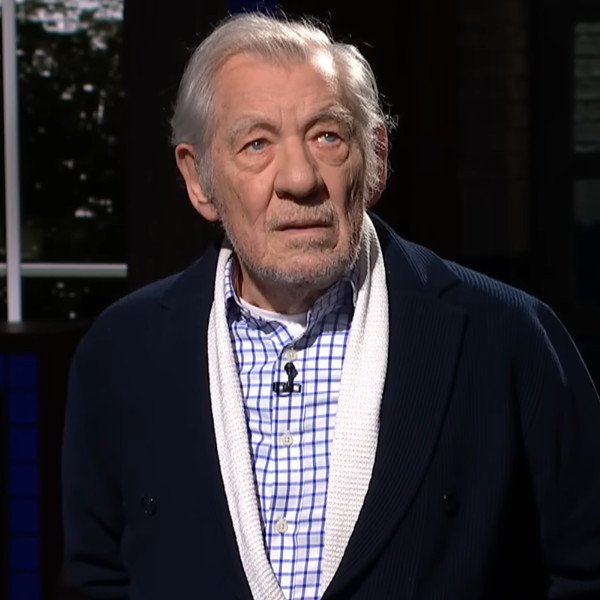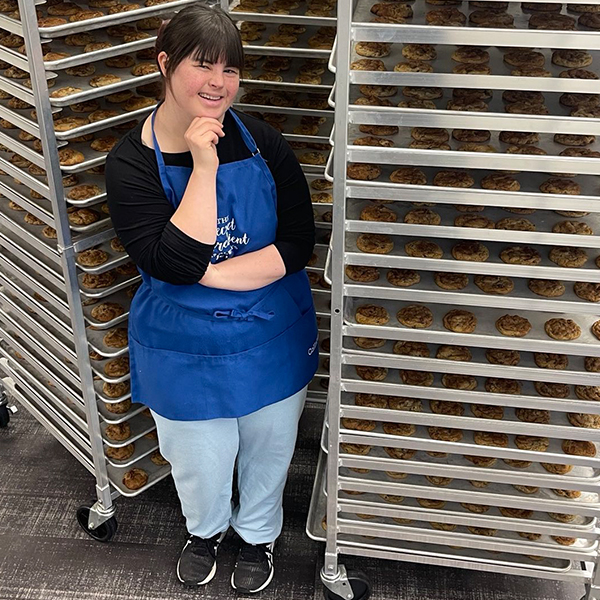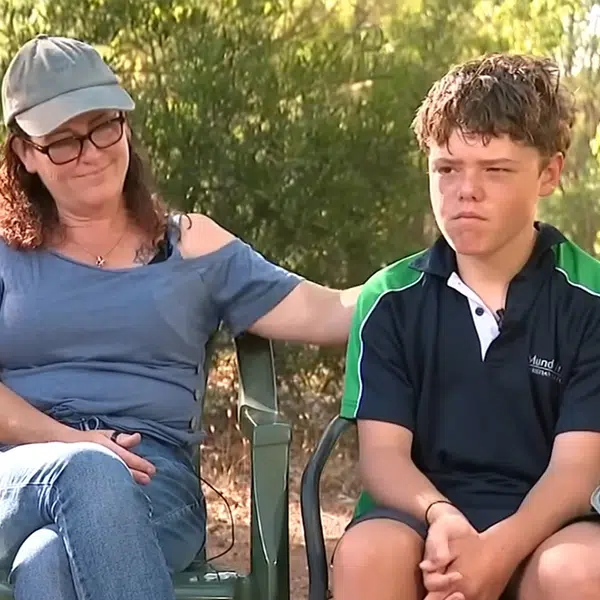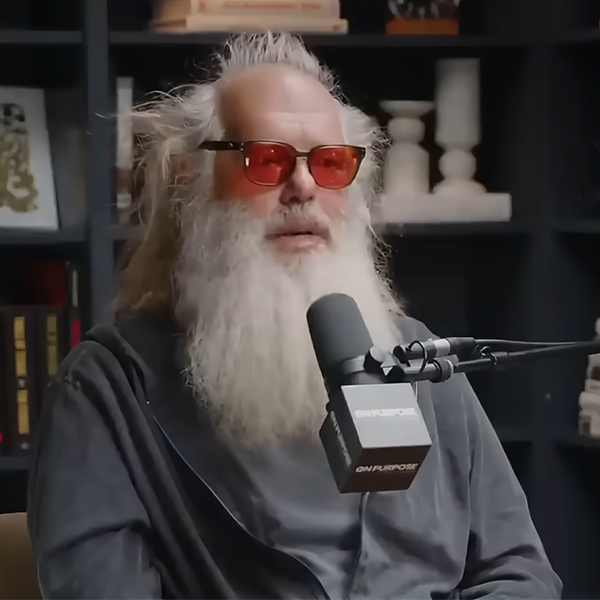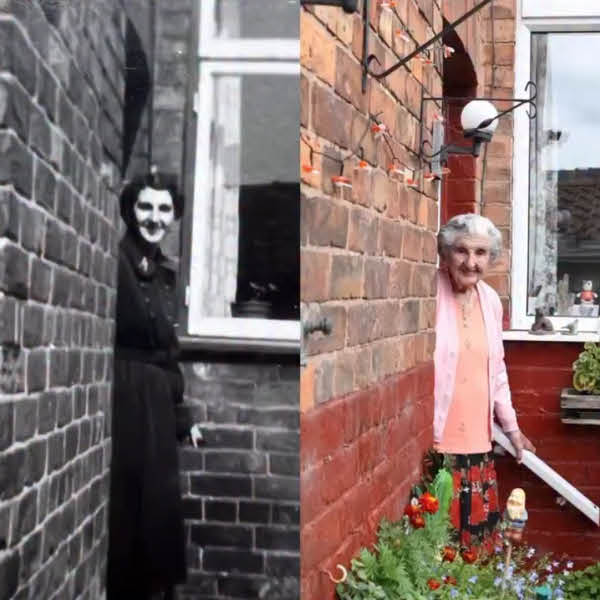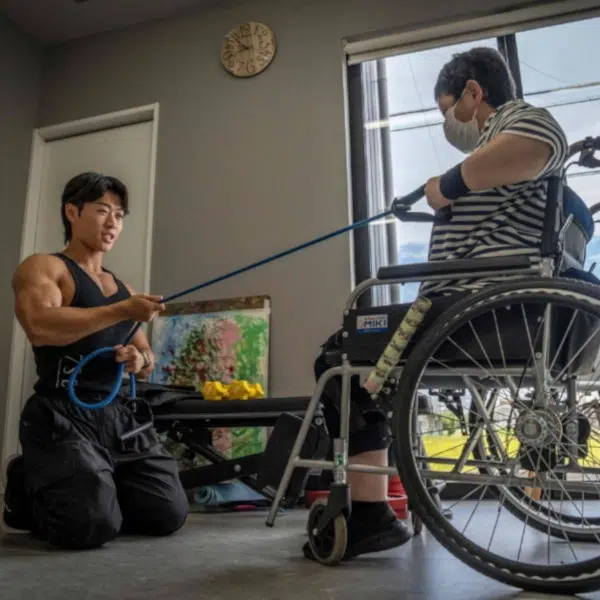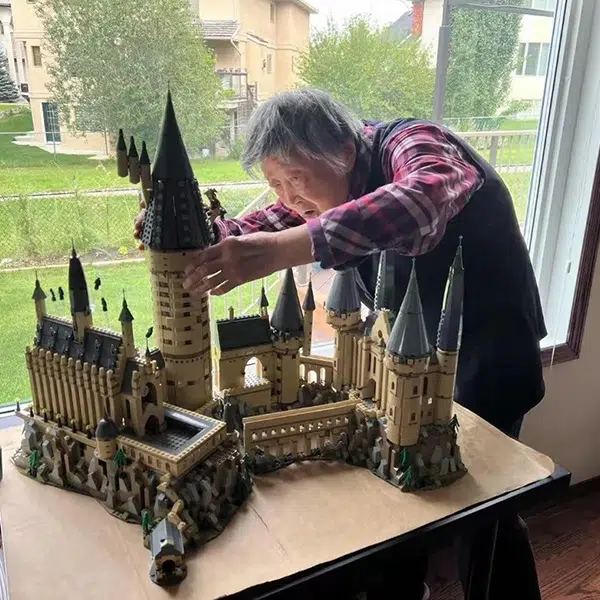Ver esta publicación en Instagram
According to Pew Research Center, only four out of 10 second-generation Asian Americans say they can speak their parents’ native tongue at least pretty well. For food blogger Sarah Ahn, whose mother and father are Korean, not speaking her parents' language fluently has been a source of insecurity. Devoted to documenting her mom's recipes, Ahn has also chronicled her struggles and her use of “Konglish” (Korean and English) to speak to her mother. But recently, a unique opportunity tore down the language barrier between them, at least for a little while.
In a recent video, Ahn shared what sounds like a mundane discussion with her mom while they were out at a restaurant. But even with the use of terms in both English and Korean, the conversation is not without its obstacles. The blogger feels like she is butchering words and often has to pause to ask her mom if she understands what she is saying. “Sometimes I even have to use a translation app,” Ahn shares. “It's kind of crazy that in my entire life, I haven't been able to have a full conversation with them in a fluent language.”
This hasn't stopped the blogger from making her mom a key part of her Korean food journey. She even starred alongside her in a viral video reviewing Trader Joe's frozen kimbap. Ahn's mother also traveled with her to Korea when she was invited to give a Sebasi presentation, which is similar to a TED Talk. While she had been working on her speech for months, she knew there was no smooth way for her to preview its many pages to her parents, as Ahn only feels comfortable writing in English.
Fortunately, the setting built a bridge between Ahn and her parents. “When we presented it at the talk, which was in Busan, Korea, my mom was in the audience, and she was able to read what I said in the translation,” she shared. “My parents were in complete shock because this was their first time understanding everything I was saying in its full context and intellect.” Ahn's dad, who works as a painter, was so moved he watched it over and over.
As if the chance to finally understand each other wasn't touching enough, Ahn's speech also featured a powerful story. Talking about her mom's dedication to the Korean food she cooked, she described how she made her way back to loving it after facing bullying at school as a child.
Her parents' reaction finally pushed Ahn to pursue Korean fluency—a venture other creatives are also going through. The New York Times best-selling author Michelle Zauner, whose book Crying in H Mart explores her relationship to her Korean heritage through food, has moved to Seoul to study the language, after describing her Korean language skills as “elementary-grade.”
To stay up to date with Ahn, you can follow her on Instagram.
As a first-generation American, food blogger Sarah Ahn has admitted to feeling insecure about not speaking Korean fluently. This has created a communication barrier with her parents.
Ver esta publicación en Instagram
Ahn is devoted to documenting her mom's Korean recipes. Her mother has even starred alongside her in some of her viral videos.
View this post on Instagram
The blogger was invited to give a Sebasi presentation in Korea. By providing subtitles, a bridge was created, and her parents could follow along.
The moment has given Ahn the push she needed to devote herself to learning Korean fluently.
@ahnestkitchen Replying to @ni.adore let’s talk about receptive bilingualism! Thanks @sara for mentioning this! #rosettastone #rosettastonepartner #naengmyeon #koreanfood #koreanmom ♬ original sound – Sarah Soojin Ahn
Sarah Ahn: Website | Instagram | TikTok
h/t: [digg]
This post may contain affiliate links. If you make a purchase, My Modern Met may earn an affiliate commission. Please read our disclosure for more info.
Related Articles:
These Adorable Korean Cat Puddings Are Taking the Internet by Storm, One Wiggle at a Time
Linguists Discover “Miami English” as New Language Dialect Thriving in Southern Florida
Charming Drawings Capture the Quaint Beauty of Korean Convenience Stores
The Multicultural History of Why the U.S. Has No Official Language












































































